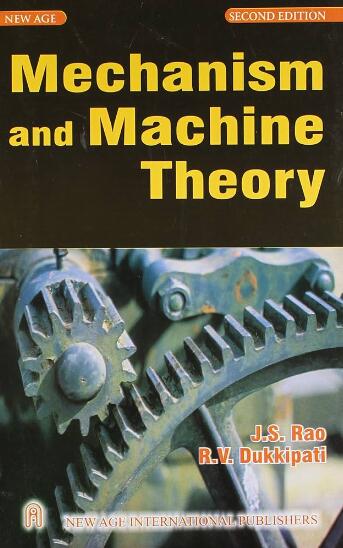Analytical determination of the optimal effective regular workspace of a 6-6 Stewart platform manipulator for a specified orientation workspace
IF 4.5
1区 工程技术
Q1 ENGINEERING, MECHANICAL
引用次数: 0
Abstract
This article presents an analytical method to identify the largest effective regular workspaces (ERWs) of a class of 6-6 Stewart platform manipulators for a given orientation workspace. The ERWs are modelled as spheres. The orientation workspace is specified in terms of ranges of Euler angles, as is the standard practice in the parallel robot industry. The radius of the said sphere is maximised through an optimisation problem, which is solved analytically. Consequently, the results obtained are exact in nature. The analytical formulation of the problem and its exact solutions constitute the novel theoretical contributions of this article. Moreover, since the results hold good over a given subset of , the proposed method obviates the need for numerical scanning of the orientation workspaces in design-related computations, thus improving the accuracy, robustness, as well as computational efficiency. Finally, the significance of the neutral height in harnessing the desired extents of position and orientation workspaces has been established through parametric studies. The formulations are illustrated via applications to Stewart platform manipulators of three distinct platform dimensions.
分析确定指定方向工作空间的 6-6 斯图尔特平台机械手的最佳有效规则工作空间
本文提出了一种分析方法,用于确定一类 6-6 斯图尔特平台机械手在给定方向工作空间内的最大有效规则工作空间(ERW)。ERW 以球体为模型。按照并联机器人行业的标准做法,以欧拉角的范围来指定方向工作空间。所述球体的半径通过一个优化问题达到最大化,该问题通过解析法求解。因此,得到的结果是精确的。问题的分析表述及其精确解构成了本文新颖的理论贡献。此外,由于结果适用于 SO(3) 的给定子集,因此在与设计相关的计算中,所提出的方法无需对方位工作区进行数值扫描,从而提高了准确性、稳健性和计算效率。最后,通过参数研究确定了中性高度在利用位置和方向工作空间的理想范围方面的重要性。这些公式应用于三种不同平台尺寸的斯图尔特平台机械手。
本文章由计算机程序翻译,如有差异,请以英文原文为准。
求助全文
约1分钟内获得全文
求助全文
来源期刊

Mechanism and Machine Theory
工程技术-工程:机械
CiteScore
9.90
自引率
23.10%
发文量
450
审稿时长
20 days
期刊介绍:
Mechanism and Machine Theory provides a medium of communication between engineers and scientists engaged in research and development within the fields of knowledge embraced by IFToMM, the International Federation for the Promotion of Mechanism and Machine Science, therefore affiliated with IFToMM as its official research journal.
The main topics are:
Design Theory and Methodology;
Haptics and Human-Machine-Interfaces;
Robotics, Mechatronics and Micro-Machines;
Mechanisms, Mechanical Transmissions and Machines;
Kinematics, Dynamics, and Control of Mechanical Systems;
Applications to Bioengineering and Molecular Chemistry
 求助内容:
求助内容: 应助结果提醒方式:
应助结果提醒方式:


